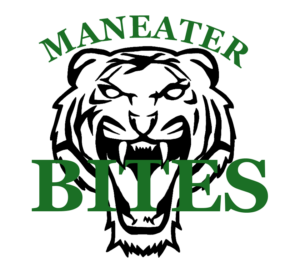January 22, 2014
In the summer of 2012, medical anthropologist Allison Kabel came across a study that explored how paper hospital gowns affect the way patients are treated by doctors.
Kabel said this led her to wonder if disabled people had trouble finding clothing that suited their needs. She decided to look into the matter.
Kabel, a health sciences assistant professor, didn’t know much about the textile side of it, so she met with Kerri McBee-Black, instructor of textile and apparel management.
“(We) talked about ways we could explore the overlap between textiles and apparel, and health care, health and disabilities,” Kabel said.
The project was introduced to students in fall 2012. McBee-Black made some changes in her Principles of Apparel Design class, in which students are given a target consumer group. She said she made several consumer groups include disabled people, such as Halloween costumes for people who use wheelchairs.
One problem students ran into was having to figure out what specific changes would have to be made for these groups, Kabel said. To help answer some of these questions, Kabel and McBee-Black brought in some potential customers to give the students information.
“We put together this group from the Services for Independent Living to come out and meet with the students,” Kabel said. “Students could ask anything … like ‘How do you go to the bathroom?’ or ‘How do you get dressed when you’re in a wheelchair or when you’re blind?’”
After receiving two grants, the project is currently in the survey stage. Once the pilot data is collected, Kabel and three graduate students in occupational therapy hope to analyze the data.
Kabel said the students have been introduced to a huge consumer base they might not have even realized has unmet needs. She and McBee-Black hope their students remember this as they go out into the workplace.
“Students have become more aware of the needs of people with disabilities and have become more engaged in consumer-focused design,” McBee-Black said in an email. “They are designing for the need of the consumer and not their own interests or likes.”
Kabel has talked to research groups about the project, and she said many people were happy to know that someone recognizes the problem and wants to help make it better.
Even if participants weren’t able to come to campus and participate, many took the time to write out their stories and show appreciation for the research being done.
“To know that people out there hear about all this, and it makes a difference enough that they stop what they’re doing and contact us and want to share their story, that’s how we know that we’ve hit on something that has real significance to people out in the community,” Kabel said.


Comments
The Maneater has the right to remove comments that do not comply with policies surrounding hate speech.